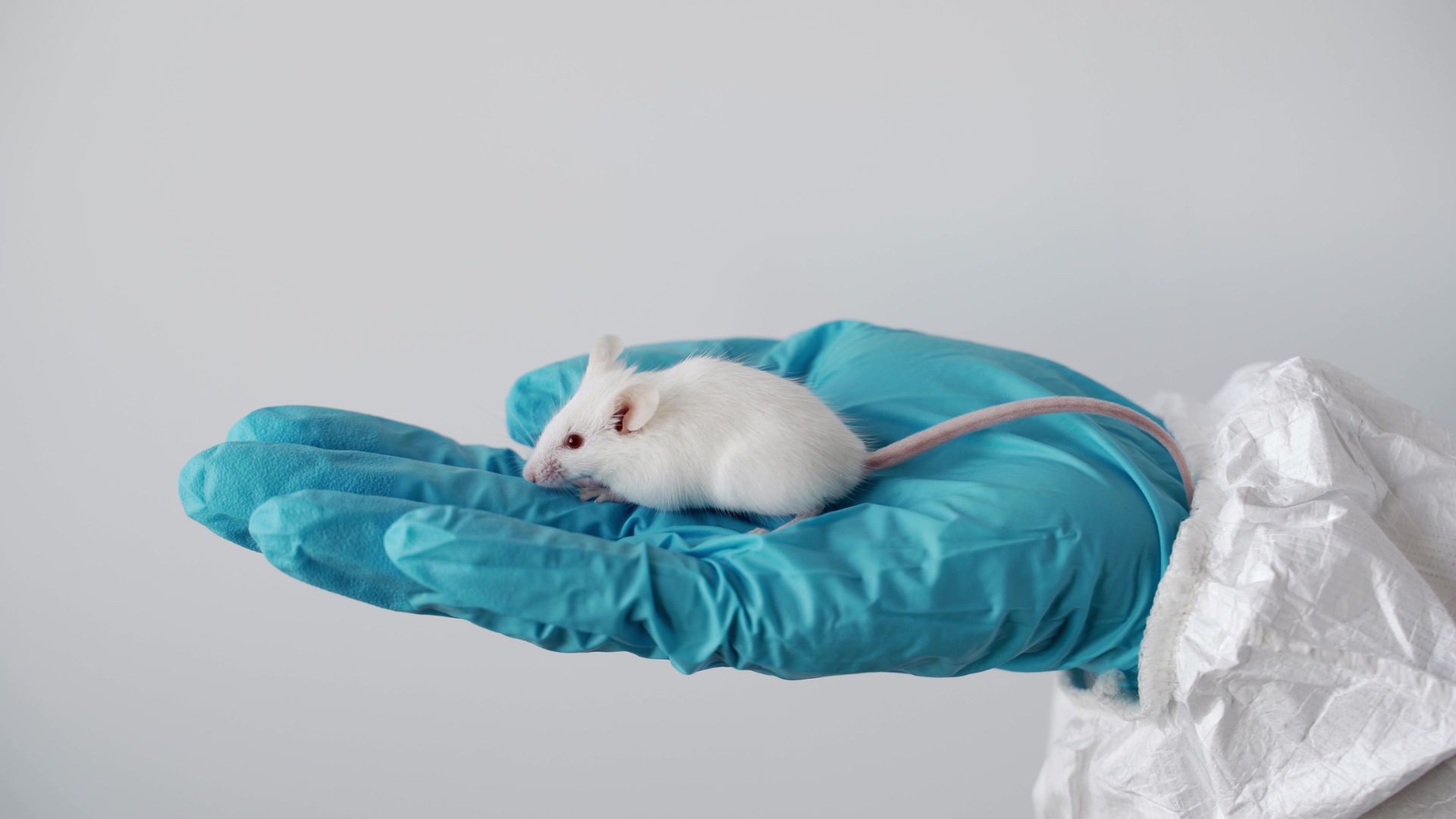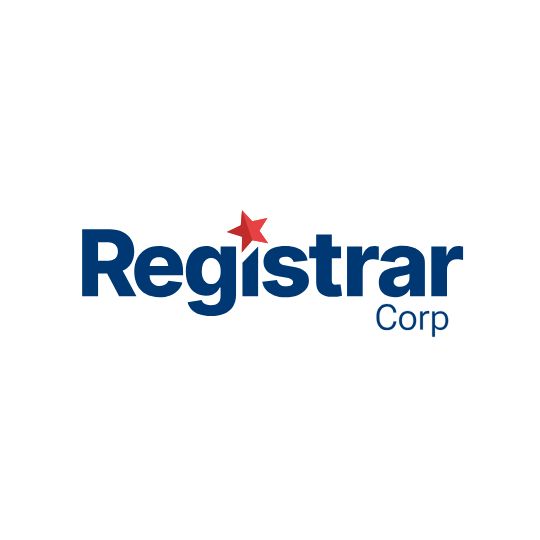The Modernization of Cosmetics Regulation Act (MoCRA) is the most significant update to U.S. cosmetic regulations in decades. Passed in December 2022, MoCRA grants the FDA expanded authority over cosmetic products, introducing new regulation requirements that include facility registration, product listing, and Good Manufacturing Practices (GMP).
However, recognizing the unique challenges faced by small businesses, MoCRA includes specific exemptions that relieve qualifying businesses from certain regulation requirements to reduce the strain on their business. These exemptions help smaller cosmetic manufacturers continue operations without excessive costs while still ensuring product safety.
This article focuses solely on MoCRA exemptions—who qualifies, which products are covered, and the limitations of these exemptions. While small businesses can utlize these regulatory reliefs, it is crucial to understand that exemptions do not mean full exclusion from all FDA oversight. Certain product categories and business activities still require compliance, even for exempt businesses.
If you are a small cosmetic business owner, this guide will help you determine whether you qualify for MoCRA exemptions and what steps you need to take to remain compliant.
Who Qualifies for MoCRA Exemptions?
MoCRA includes specific exemptions for small businesses, but qualification is based on strict criteria related to annual revenue and the specific types of cosmetic products sold. Understanding these qualifications is essential for ensuring compliance while optimizing regulatory benefits.
Definition of a Small Business Under MoCRA
To qualify for MoCRA exemptions, a company must meet the FDA’s definition of a small business based on its annual sales revenue. Specifically, a small business is defined as:
- Having less than $1 million in gross sales of cosmetic products over the previous three years, averaged annually.
- This threshold is adjusted for inflation each year, meaning the exact number may change over time.
- The exemption applies to owners, responsible persons, and operators of a cosmetic facility that meet this revenue requirement.
Clarification from FDA Guidance
While small businesses that meet this sales threshold are exempt from certain MoCRA requirements, there are important conditions and limitations to be aware of:
- No Documentation Required: The FDA does not require small businesses to submit formal proof of their exemption status. However, businesses should maintain internal records verifying their revenue to ensure compliance if questioned
- Restricted Product Exception: If a business manufactures or sells even one non-exempt product, it loses all exemptions and must comply fully with MoCRA requirements, including facility registration and product listing.
Understanding whether your business qualifies for MoCRA exemptions is critical for regulatory compliance. In the next section, we’ll explore which requirements small businesses are exempt from and where they must still comply.
What MoCRA Exemptions Are Available?
While MoCRA introduces new compliance requirements for cosmetic businesses, qualifying small businesses are exempt from some obligations. These exemptions reduce administrative and financial strain while still maintaining safety standards. Businesses that meet the small business criteria are exempt from the following:
- Facility Registration – Exempt businesses do not need to register their manufacturing facility with the FDA.
- Product Listing – Exempt businesses are not required to submit a list of their cosmetic products to the FDA, though voluntary listing is encouraged to demonstrate compliance readiness.
- Good Manufacturing Practices (GMP) Compliance – When the FDA finalizes GMP regulations, small businesses will not be required to follow them. However, adopting GMP voluntarily can enhance product safety and consumer trust.
- Adverse Event Recordkeeping – While most businesses must keep records of serious adverse events for six years, small businesses only need to retain these records for three years.
Although these exemptions ease regulatory requirements, small businesses should still maintain basic safety and compliance practices to avoid potential future liabilities.
What Products Are NOT Exempt?
While MoCRA provides exemptions for small businesses, certain cosmetic products are excluded due to increased safety concerns and regulatory oversight needs. If a business manufactures or sells any of the following non-exempt products, it must comply with all MoCRA requirements, regardless of revenue size.
High-Risk Cosmetic Products That Do NOT Qualify for Exemptions:
Products that regularly contact the mucous membrane of the eye
- Examples: Mascara, eyeliner, eyelash adhesive.
- Why? The eye area is one of the most sensitive and vulnerable parts of the body. Cosmetics applied directly to the mucous membrane increase the risk of bacterial contamination, infections, and allergic reactions.
Injected Cosmetic Products
- Examples: Injectable fillers, cosmetic injections.
- Why? Unlike topical cosmetics, injected products bypass the skin’s protective barrier and enter the body directly. This increases the risk of contamination, infections, and potential adverse immune responses, making regulatory oversight critical.
Products Intended for Internal Use
- Examples: Oral cosmetics, ingestible beauty supplements.
- Why? When cosmetics are consumed or absorbed internally, they pose greater systemic health risks compared to topical products. Ingested ingredients have the potential to interact and effect internal organs in a way that topical products cannot requiring stricter regulation.
Products That Alter Appearance for More Than 24 Hours
- Examples: Brow/eyelash dye, acrylic/gel nails.
- Why? Unlike temporary makeup, these products chemically alter the body’s appearance for an extended period, often involving permanent staining, adhesives, or polymerization processes. Their long-lasting nature increases potential safety concerns, requiring higher regulatory standards.
Businesses that produce even one of these non-exempt products must fully comply with MoCRA, including facility registration and product listing.
What Happens if a Small Business Sells Restricted Products?
MoCRA does not allow partial exemptions—if a small business manufactures or sells even one non-exempt product, it loses all exemptions and must fully comply with all MoCRA requirements. This means:
- Facility Registration is Mandatory – The business must register its manufacturing facility with the FDA.
- Product Listing is Required – Every cosmetic product the business sells must be listed with the FDA, not just the restricted ones.
- Good Manufacturing Practices (GMP) Compliance Applies – a business must now follow FDA-mandated GMP regulations when they are finalized.
- Full Adverse Event Recordkeeping Required – Instead of the reduced three-year requirement, businesses must keep serious adverse event records for six years.
There is no flexibility in MoCRA’s exemption rule—selling a single non-exempt product automatically triggers full regulatory compliance for the entire business. Small businesses should carefully review their product lines to ensure they maintain exemption eligibility if they wish to avoid these additional requirements.
Additional MoCRA Exemptions: Who Else Qualifies?
Beyond small businesses, MoCRA includes exemptions for certain entities and product categories that fall under different regulatory frameworks or do not engage in direct cosmetic manufacturing.
- Beauty Salons & Shops
- Establishments such as salons, spas, and beauty retailers that sell or apply cosmetic products but do not manufacture them are exempt from MoCRA’s facility registration and product listing requirements.
- However, if a salon creates its own branded cosmetic line, it loses this exemption and must comply with MoCRA regulations
- Cosmetics That Are Also Over-the-Counter (OTC) Drugs
- Some cosmetic products, such as sunscreen, SPF makeup, and medicated lip balms, are classified as both cosmetics and drugs under the FDA’s drug regulations.
- Because these products fall under OTC drug requirements, they are regulated separately and are not eligible for MoCRA exemptions, regardless of the business size.
Businesses operating under these categories should verify their status to determine which FDA regulations apply and ensure compliance accordingly.
Common Misconceptions About MoCRA Exemptions
MoCRA exemptions provide relief for qualifying small businesses, but misunderstanding the scope of these exemptions can lead to compliance risks. Below are some common misconceptions and the realities businesses need to be aware of.
Misconception 1: “I don’t need to keep records if I’m exempt.”
While exempt businesses are not required to keep six years of adverse event records like larger companies, they must still retain records for three years. This includes any reports of serious adverse reactions related to their products. Failing to maintain these records could result in compliance issues if the FDA investigates a product’s safety history.
Misconception 2: “If I qualify for an exemption now, I will always be exempt.”
Exemptions are based on a rolling three-year revenue average. If a business’s annual sales exceed $1 million (adjusted for inflation) at any point in the future, it will lose its exemption and be required to comply fully with MoCRA regulations. Businesses experiencing growth should track their revenue carefully to prepare for potential registration and product listing requirements.
Misconception 3: “My business is exempt from all FDA regulations.”
MoCRA exemptions apply only to specific requirements like facility registration and product listing. Small businesses are still subject to FDA oversight, particularly regarding product safety, labeling compliance, and prohibited ingredients. Any business selling cosmetics must ensure its products remain safe for consumer use, regardless of exemption status.
Understanding these key distinctions helps businesses avoid unintended non-compliance and maintain transparency with regulators and consumers.
How to Ensure Compliance Even if You Are Exempt
While MoCRA exemptions relieve small businesses from certain regulatory requirements, maintaining strong compliance practices can help build trust with consumers, avoid future issues with the FDA, and prepare for potential business growth. Even if a business qualifies for exemptions, implementing the following best practices is highly recommended.
Consider Product Listing Voluntarily
Although small businesses are not required to list their cosmetic products with the FDA, submitting product listing voluntarily can demonstrate a commitment to transparency and safety. This can be beneficial for businesses looking to expand, secure retail partnerships, or establish credibility within the industry.
Follow Good Manufacturing Practices (GMP) Even if Not Required
MoCRA will introduce formal Good Manufacturing Practices (GMP) requirements, but exempt businesses are not legally required to follow them. However, implementing GMP voluntarily ensures consistent product quality, reduces contamination risks, and enhances consumer safety. Following GMP early also makes future compliance easier if the business grows beyond the exemption threshold.
Document Adverse Events Thoroughly
Even though exempt businesses only required to retain adverse event records for three years, maintaining detailed records of product safety issues can help identify patterns and prevent future risks. Thorough documentation also prepares businesses for potential FDA inquiries or regulation changes that could affect compliance requirements.
By taking a proactive approach to compliance, small businesses can operate with greater confidence, minimize legal risks, and position themselves for long-term success.
Protect Your Exempt Status and Stay Compliant
MoCRA exemptions provide valuable regulatory relief, but failing to meet the criteria—whether through product expansion, revenue growth, or regulatory changes—can lead to unexpected compliance obligations. To avoid penalties and ensure continued eligibility, small businesses should take a proactive approach to MoCRA compliance.
Now is the time to:
- Audit your products to confirm none of your cosmetics fall into restricted categories.
- Monitor revenue trends to stay within the small business exemption threshold.
- Maintain required records to ensure compliance with MoCRA’s adverse event reporting rules.
- Implement best practices like voluntary product listing and Good Manufacturing Practices (GMP) to strengthen your business’s reputation.
MoCRA regulations are evolving, and staying ahead of compliance requirements is critical. Registrar Corp’s MoCRA compliance solutions can help you verify exemption eligibility, navigate FDA requirements, and safeguard your business from regulatory surprises.
Need expert guidance? Contact Registrar Corp today to ensure your compliance strategy is built for long-term success.









